The book presents a systematic and scientific study of South Indian Neolithic culture in the Kadapa region of Andhra Pradesh carried out through explorations (village-to-village survey) and section-scrapings at secret sites by using ecological and ethnographic analogy as parameters in order to reconstruct the cultural process of human adaptation in the central Pennar Basin during 2nd Millennium B.C. The present region of research was a desideratum in view of the expansion of Scuthern Neolothic Culture with it’s distinctive characteristic features and hence has been designed with due regard to recent developments in the methodological applications in order to use the potentialities of material culture for a better understanding of the system of Neolithic settlements. The study was done of the basis off new discoveries in the region, by using earlier finds, so as to glean the complete picture of Neolithic cultural phase. However, it not only lead to the evidence of hunter-gatherer communities, i.e., Mesolithic culture, prior to Neolithic cultural phase, but also Megalithic and early historic cultures as a continual occupation of human populations along the banks of the existing river system. All the sites are found in a stratified, primary context which enabled the author to understand the development of ancient civilizations in the region. It is a micro regional study in view of Neolithic cultural phase where more emphasis was given to settlement and subsistence pattern besides dealing with outlines of Mesolithic, Megalithic and Early historic cultures. The distribution of Neolithic sites was done in relations to their topographical setting against the background of ecological resources and hence established the Man-Land relationship during Neolithic period. To achieve this objective an ethno-archeological approach was adopted among Kuruba community, a local agro-pastoralists, whose settlement, subsistence and material culture served as the best analogy in view of agro-pastoral economy in the Central Pennar Basin.
From Beyond the Eastern Horizon: Essays in Honour of Professor Lokesh Chandra
This work is a collection of ...
$125.10
$139.00

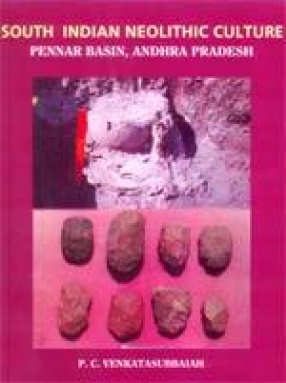
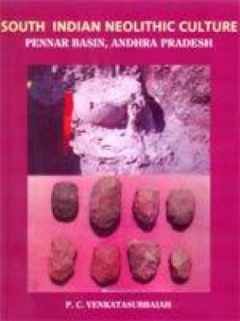
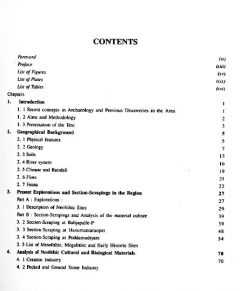
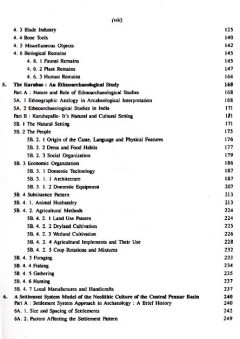
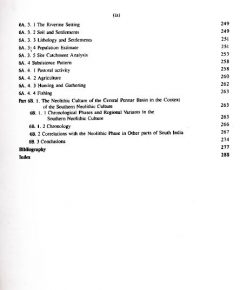
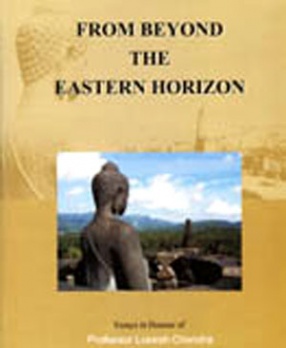
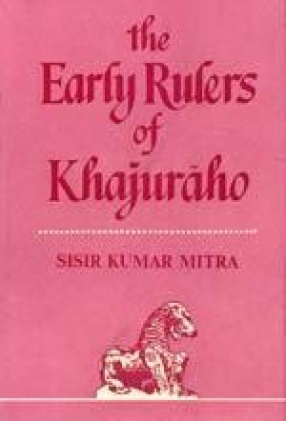
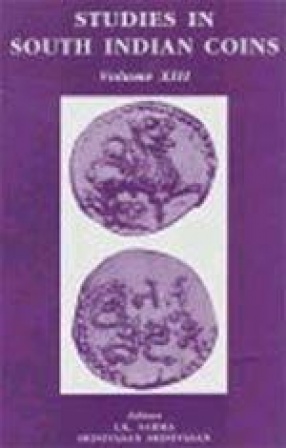
There are no reviews yet.